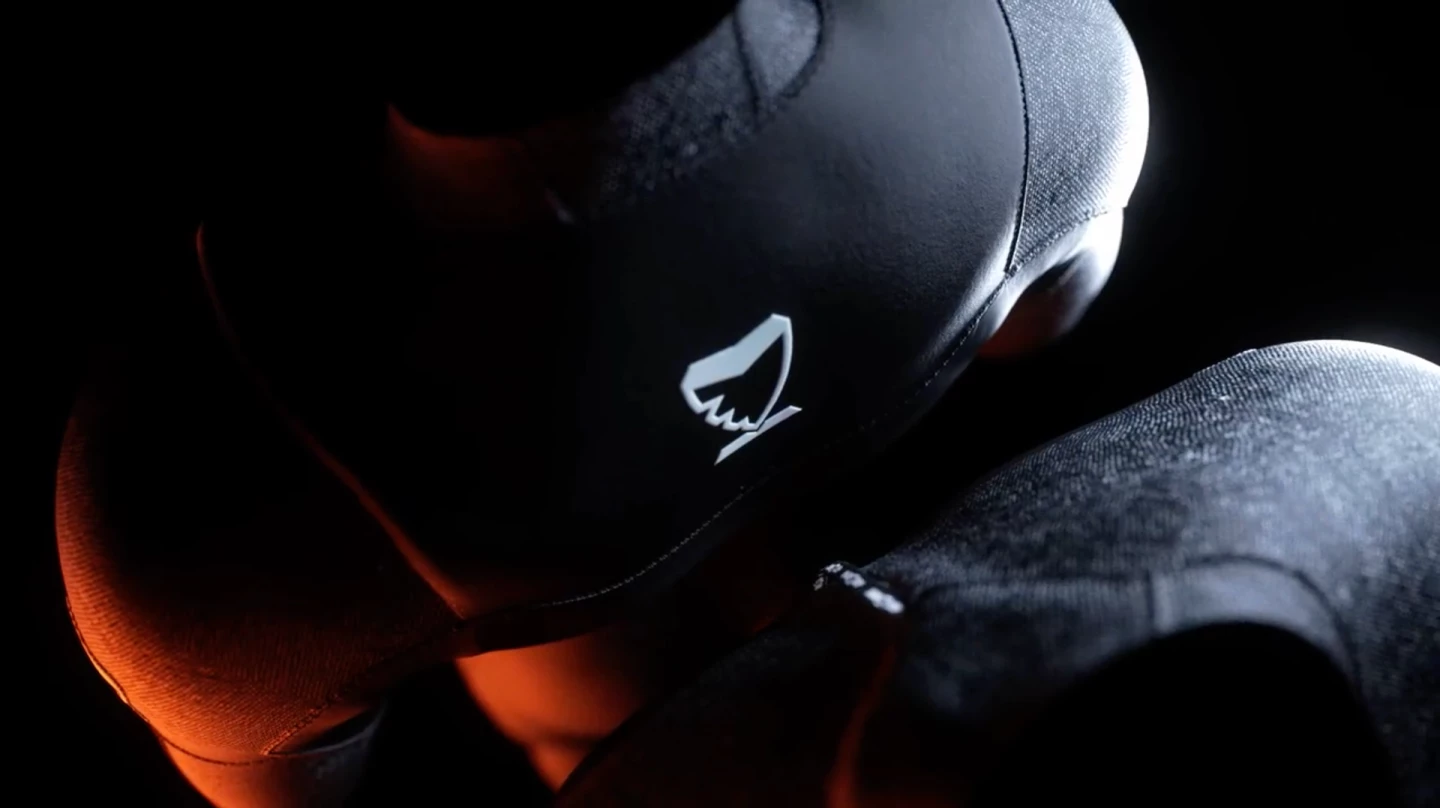Back in 2019, we heard how scientists at Australia's Flinders University were developing a lightweight material that might someday be used in shark-bite-resistant wetsuits. Well, that day has arrived, and such a suit is now on Kickstarter.
Previously tested on floats that were bitten by great white sharks, the woven material is made of ultra-high molecular weight polyethylene nanofibers, and is designed to be used in conjunction with traditional neoprene.
Not only is it claimed to be highly puncture-, cut- and abrasion-resistant, but it also reportedly has a strength-to-weight ratio which is 50 percent higher than that of Kevlar, and eight to 15 times greater than steel. It's already utilized in products such as ballistic shields.

For the Shark Stop wetsuit – manufactured by Flinders spinoff company Shark Stop – sheets of the material are applied to either side of bio-based neoprene, in key body areas where the most serious shark bites tend to occur (such as around the femoral artery). The resulting garment is said to be not much heavier than a conventional neoprene wetsuit, while remaining quite flexible.
For the current crowdfunding campaign, the Shark Stop wetsuit is being offered in surf- and diving-specific models, and in thicknesses ranging from 2 to 7 mm. Along with their shark-thwarting functionality, some of both models' other features include a thigh pocket for keys, a stainless steel zipper, knee pads, and wear patches on the shoulders, elbows and seat.
Assuming they reach production, a pledge of AUD$795 (about $US569) will get you one.
Sources: Kickstarter, Shark Stop





